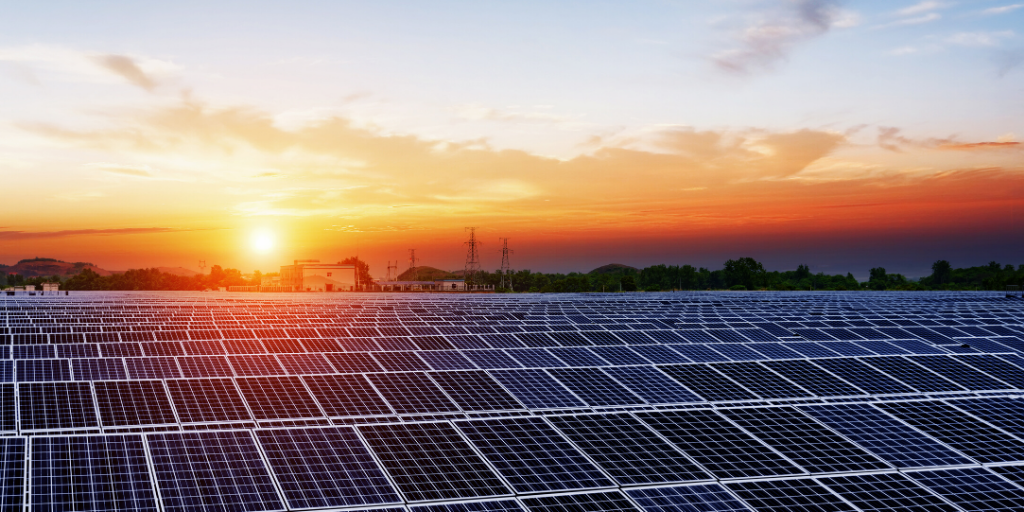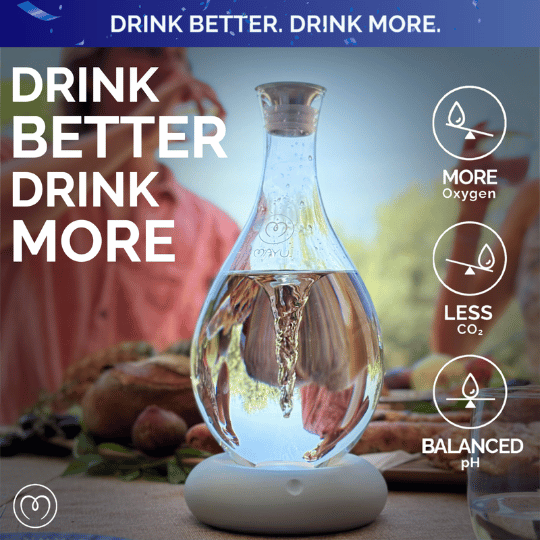Many of us want to support the use of renewable energy, but we’re not entirely sure how to go about it. Other than installing solar panels on our roofs, what can we do as consumers or business owners?
Renewable energy sources leave a much lighter environmental footprint than fossil fuels, so it’s essential we integrate their use globally to lessen global pollution. Even if we did not face the threat of climate change, minimizing pollution is basic for good health. It’s exciting to see that in many parts of the United States, renewable and sustainable energy sources are being utilized and perfected.
Local governments taking the lead on renewable energy can dramatically reduce their carbon footprint by purchasing or directly generating electricity from clean sources. Douglas Healy, energy expert, believes that a large percentage of future electrical generation supply will come from plants that are powered by the sun or by natural gas.
Residential Solar without Having Solar Panels
Sounds impossible, right? Don’t I have to to put panels on my roof? But some electric companies in various states are increasing their solar power by building solar power plants. For example, in Florida,
FPL SolarTogetherSM gives everyone the opportunity to directly enjoy the economic and environmental benefits of solar energy while receiving bill credits. Residents do NOT need to have their own solar panels – they can simple ‘buy solar credits’ up to 100% of energy usage
that go towards their monthly bill and can choose a monthly plan that best suits their energy needs. At Work
Although residential homes are not eligible, EPA’s Green Power Partnership (GPP) is a free, voluntary program, helping to increase the use of green power among businesses and organizations in the United States.
Encouraging the business you work at to purchase Green Energy is a smart way to reduce the environmental impacts associated with conventional electricity use. Currently Hundreds of Partner organizations collectively use billions of kilowatt-hours of green power annually. Not only do companies support green energy use, but
Green Power Partners get valuable recognition and assistance in promoting their green power use.
Turning Waste Into Natural Gas
In Iowa, a company named
Muscatine is taking discarded
organic waste, which would normally be sent to a landfill, and converting it into new fertilizer and natural gas. It’s estimated that up to 30% of waste in a landfill is food waste, where it would normally sit there and produce methane and greenhouse gases, is being reused. Companies are able to send in their organic waste to separated and then pumped into a tanker and brought to a waste water plant. From there it is put in the anaerobic digestors. The combination of anaerobic soup produces biogas (methane and other gases) as well as biosolids, a nutrient rich fertilizer that is applied to farm ground to naturally replenish nitrogen and phosphorus to the soil.
Manufacturing companies and grocery stores are now able to take advantage of the machine, instead of sending their product to the landfill. A win win for the companies and the local communities!





